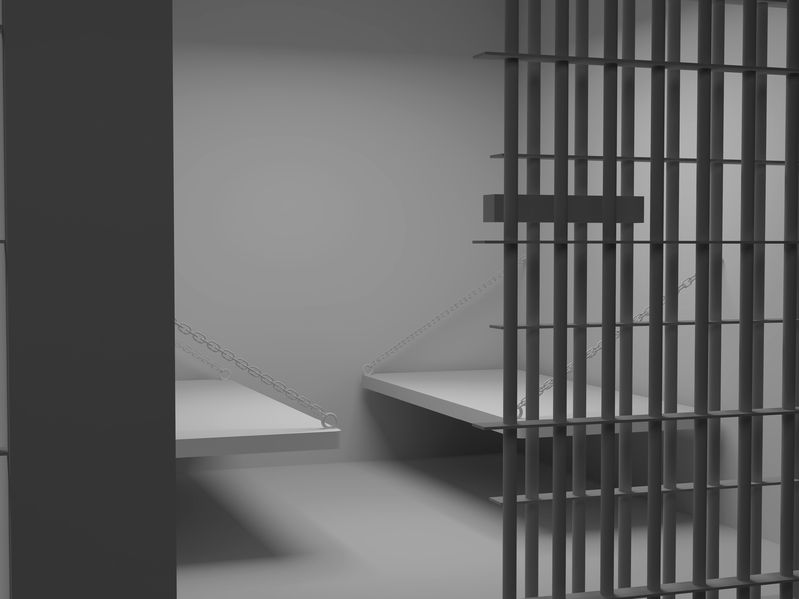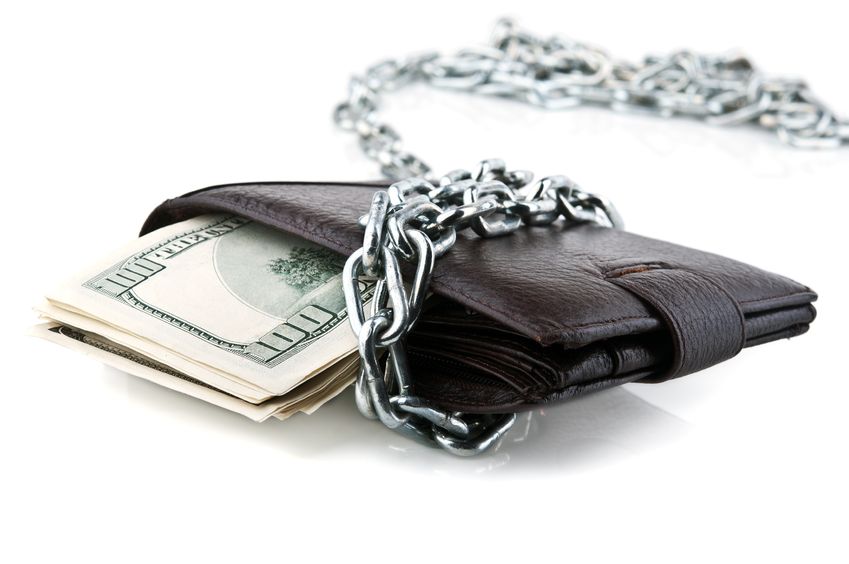
Most jurisdictions use a “standard bond schedule” that varies depending on the county. The purpose of the bond is to secure the accused for trial and protect the community.
However, the standard bond for a felony charge is often completely unaffordable. Within three days, a hearing can be set to modify the bond, which may not only secure the release of the accused, but also can result in a substantial savings of money.
Bond hearings can also be set on violations of probation and community control.
In deciding upon an appropriate bond, the judge is required to consider many factors including the accused financial position, ties to the community, occupation, and criminal history. The type of offense and strength or weakness of the evidence is also taken into account. An experienced emergency bond hearing attorney will give you the best chance of obtaining a lower bond or even release on your own recognizance (ROR).
Once bond is finalized, there are two ways to post the bond. First, you or a friend or family member can post the entire amount of the bond in cash. At the end of the case, all that money (less court costs and fines, if any) would be returned.
Secondly, you can use a bondsman that will charge you a fee of 10% of the bond. Then the bondsman posts the entire bond. However, that 10% is the bondsman’s fee and not subject to refund at the end of the case. The bondsman can also require collateral in addition to the 10% fee, especially in large bond amounts.

Visit our Appointments Page to schedule a consultation regarding Bond Representation.
©2025 Blaine McChesney Law
Website by The Valley List